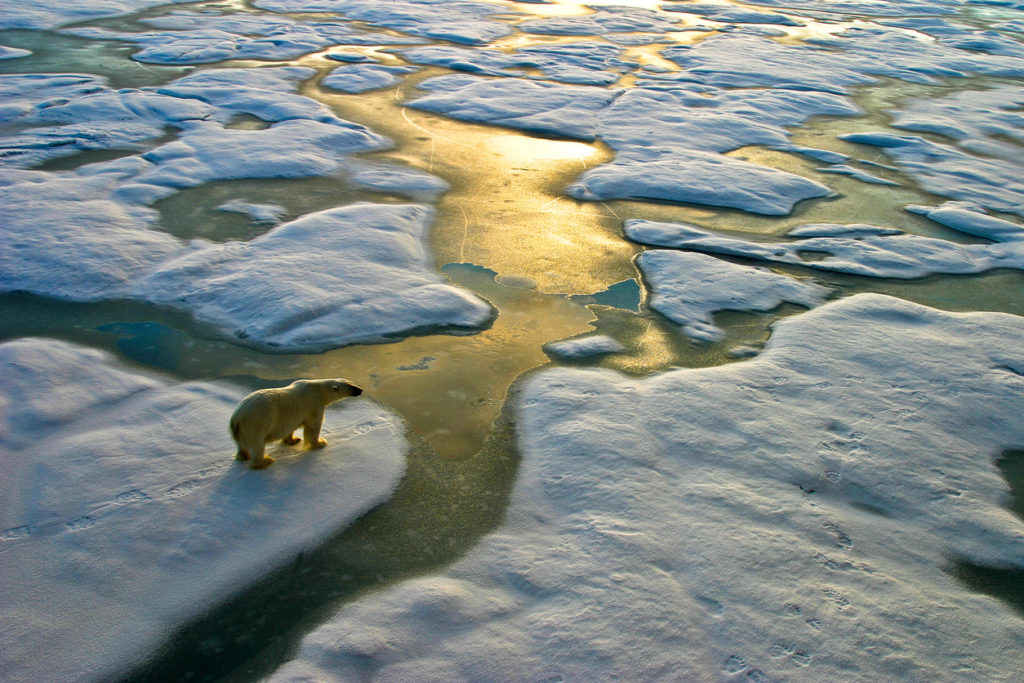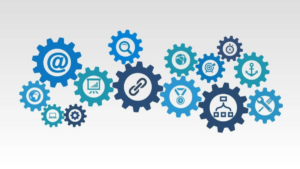By Claire Walmsley Moss, head of marketing from Planet Mark.
Until recently, ‘going viral’ was a marketer’s dream, deeply embedded into a project’s brief. Who wouldn’t want their brand messaging all over the internet, generating increased awareness? This runaway data, however, can have unseen consequences. The journey of every byte of data is founded on large servers which utilise energy and water. The rapid expansion of our digital lifestyle leaves behind a significant carbon footprint. For example, Despacito’s YouTube total viewings add up to the same amount of annual emissions of 100,000 taxis, and the water used for power generation equates to the size of 400 Olympic swimming pools. Raising awareness of the importance of reducing carbon footprints and actively trying to alter behaviours so people and organisations can lower theirs are key in any industry. As marketing professionals, are we ready to bear in mind the digital impact of a message and aim to reduce the volume of communications at the cost of not getting our important message out?
As more and more of us consume our news and source content and information digitally, this is raising an interesting dilemma when it comes to the climate crisis. We all know the exciting creative environment the online arena presents to agencies, marketers and to publishers of digital media. But as we learn and understand more about the impact of our digital footprint, it’s important to explore how the rise in online content impacts the climate crisis efforts.
Does this endeavour present an ethical dilemma or is the reality more stark than that?
In the crudest sense, there is no dilemma; businesses that fail to adapt to the climate crisis will fail to exist. The planet has a finite amount of resources, and increasingly, new recruits and customers are looking to work with brands that are addressing their own impact on the planet and society. They want to work with companies that are doing more good and are doing this from a place of authenticity and transparency.
The challenges we face and the changes needed are in some cases overwhelming, but starting somewhere is more impactful than pretending it’s not an issue that needs addressing. The initial step is to firmly have sustainability and your environmental impact on the agenda for every meeting for every business function. Start by asking, what can we do better for people and for the planet? What can we change now and what can we change between now and 2030, within the UN’s Decade of Action?
One of our Planet Mark members, DigitalDetox, encourages its team to utilise the best digital sustainability and technical practices out there, offering clients future-proofed products that reshape the world in the most planet-friendly way. The company is educating customers on opting for websites with clear principles in mind, as while the digital industry is a growing concern for climate change, it also has the power to solve these issues.
The Exponential Roadmap Initiative brings together innovators, scientists, companies and NGOs, with the mission to halve emissions before 2030 through exponential climate action and solutions. In its 12/12 report it states that “every day, tech companies influence the decisions of 4 billion consumers, so with great power comes great responsibility. The digital revolution can help halve carbon emissions by 2030.”
You can begin your journey today looking at how to improve the impact of the business you’re in on the world around you, and influence those in your sphere by looking at three pillars: People, Technology and Nature. We cannot solve the climate crisis alone but collectively we can make a meaningful impact, so take your supply chain on the journey with you.
On average, our Planet Mark certified businesses make a 12 per cent cut in absolute carbon emissions per year through reductions in energy, waste, water, travel and procurement. By measuring their carbon and social data with rigour, businesses can report their progress with confidence and consider key areas where improvements can be made. Building up your knowledge and sharing with others is hugely powerful too.
We’re in a time of exciting change; where businesses, individuals, cities and countries are welcoming a zero-carbon revolution, allowing a cleaner and healthier planet for us and future generations. Businesses that embrace this brighter future will not only future proof their company but will also improve efficiencies, cut costs and attract and retain the best talent.





